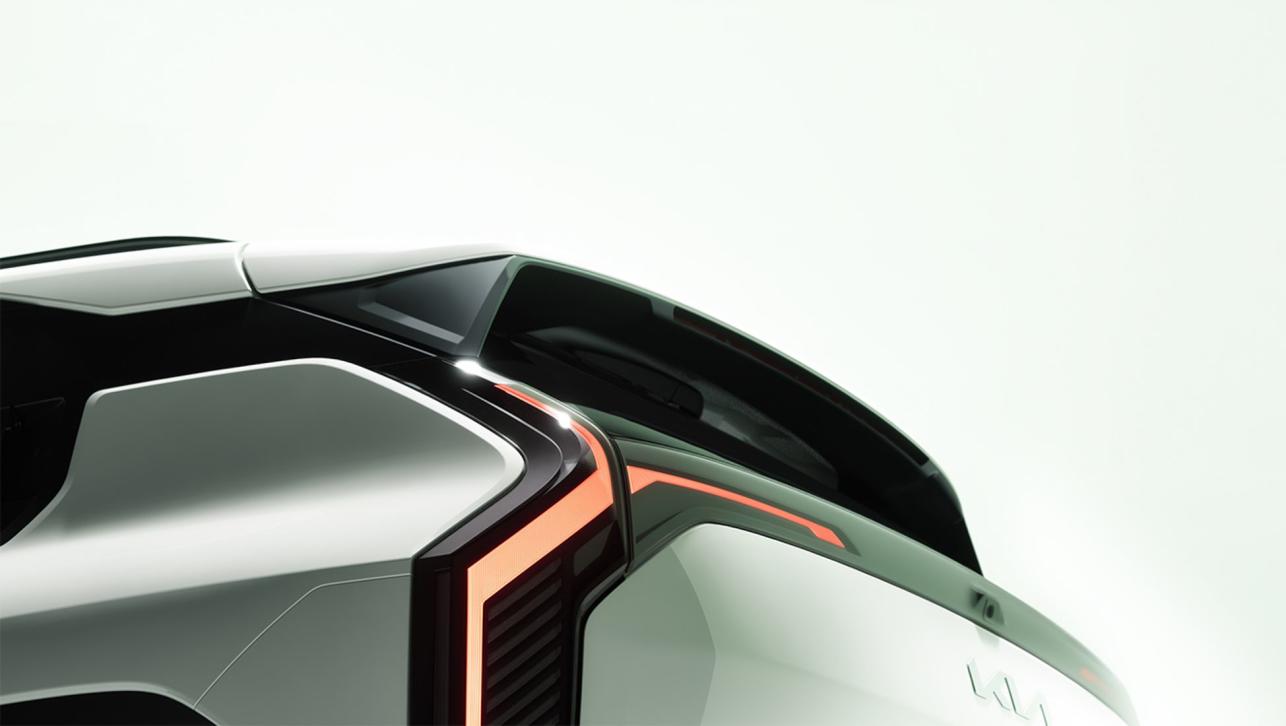A federal court in the US has approved the settlement of a class action against Toyota for $1.6 billion -- about $500,000 more than was previously offered by the carmaker.
We've previously reported that Toyota had offered to fork over $1.1 billion to settle US lawsuits over allegations of unintended acceleration in Toyota and Lexus vehicles and a subsequent massive 2010 recall of about 10 million vehicles.
About half of that money was meant to fix floormat issues and install brake-override systems, but the other half was earmarked for something entirely different: compensating Toyota and Lexus owners who sold or traded in their vehicles after the recall. Due to the hugely negative publicity surrounding the recall, those owners' vehicles were worth far less than they might've been.
In other words, much of Toyota's $1.1 billion payout wasn't going to fix problems on cars; it was going to make up for the monetary damages customers suffered in the wake of the Toyota and Lexus brand-bashing.
Why the holdup? Apparently, Toyota was still working out the details of the huge payout. It looks as if Toyota will now spend $757 million compensating customers for sudden depreciation (and paying lawyers, of course), while $875 million will go toward repairing and improving vehicles.
Final approval of the settlement in the class action -- with claims that design defects (rather than driver error) caused some of the company's vehicles to accelerate without warning -- was granted in the US on Friday.
The settlement terms include direct payments to customers, free installation of brake-override systems in about 3.25 million eligible cars, and the establishment of a specific customer support program. Plaintiffs' lawyers called the approval “a landmark, if not a record, settlement in automobile defect class action litigation in the United States”.


.jpg)

.jpg)


.jpg)



.jpg)

.jpg)







.jpg)
.jpg)







Comments